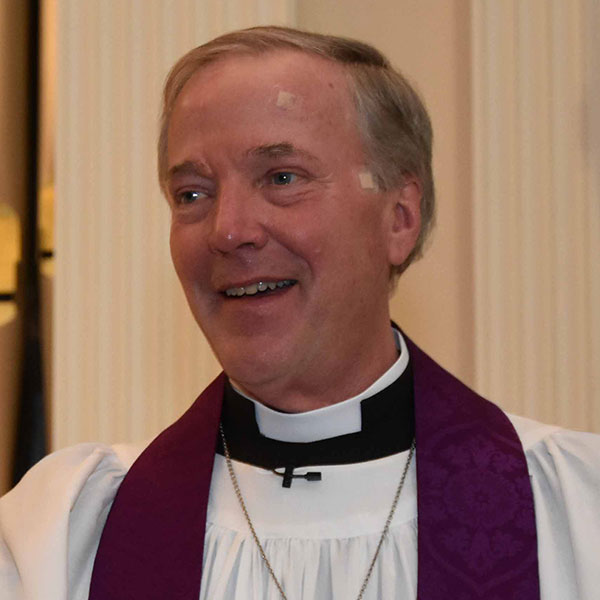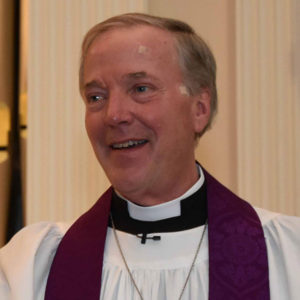FROM THE RECTOR – June 12, 2020

To the community of Saint Paul’s,

A thoughtful reflection from Scott Gunn, Executive Director of Forward Movement:
Dear friends in Christ,
My friend Furman Buchanan posted a photo on his Facebook last week, and I’m still thinking about it. You can see the photo: a lovely labyrinth with “hope” written in stones at the center.
I love this because the labyrinth is, itself, a symbol of pilgrimage, or perhaps a pilgrimage in miniature. We pray and walk along, twisting and turning until we reach the center. Sometimes we find ourselves going back away from the center, even though we know our final destination. We press on.
Life is like that, isn’t it? We pray and we move along. We find ourselves in twists and turns, sometimes moving away from where we want to be. Like the labyrinth, there are no shortcuts.
Hope is one of those words that we toss around a bit too casually sometimes. “I hope there is racial healing” is easy to say. That kind of hope isn’t worth much, frankly. It’s an idle expression that seems to cost nothing and mean little. But if we truly believe that racial healing is possible–that is, if we have hope–we will be empowered to work toward it. The only reason not to work for something is if we believe it will never happen.
Christian hope is fierce. Christian hope is not only for the life to come, but for seeing glimpses of God’s kingdom and God’s radiant glory in this life. We are meant to have hope that the world can be better, filled with God’s love and showing forth God’s kingdom of righteousness, justice, mercy, and grace. When we have that hope, we will want to proclaim God’s kingdom and work for a world with righteousness, justice, mercy, and grace.
Too often, political leaders and media fill us with the cynical idea that there is no hope. They say the world cannot be better. We who follow Jesus should know better. We should know that God’s love is stronger than death, stronger than sin, and stronger than our fears. This is why the church must speak in the public square and shout from the rooftops: there is hope.
Hope is not shallow, cheap, or easy. Having hope does not deny the suffering and adversity of this world. Instead, Christian hope says that suffering, adversity, sin, and death do not have the last word.
I try to remember all this as I watch the news. The pandemic, racism, violence, economic divides, white supremacy, and degradation are all present in this world. They are real, and we must turn against them as we turn away from Satan and toward Jesus. Evil does not have the final say. The final say is our Christian hope, shown in an empty tomb on Easter Day, that God’s love reigns triumphant.
So how do we defeat evil and the forces of wickedness in our time? The first step is hope.
Let us pray.
Lord, make us instruments of your peace. Where there is hatred, let us sow love; where there is injury, pardon; where there is discord, union; where there is doubt, faith; where there is despair, hope; where there is darkness, light; where there is sadness, joy. Grant that we may not so much seek to be consoled as to console; to be understood as to understand; to be loved as to love. For it is in giving that we receive; it is in pardoning that we are pardoned; and it is in dying that we are born to eternal life. Amen. (BCP page 833)
George



